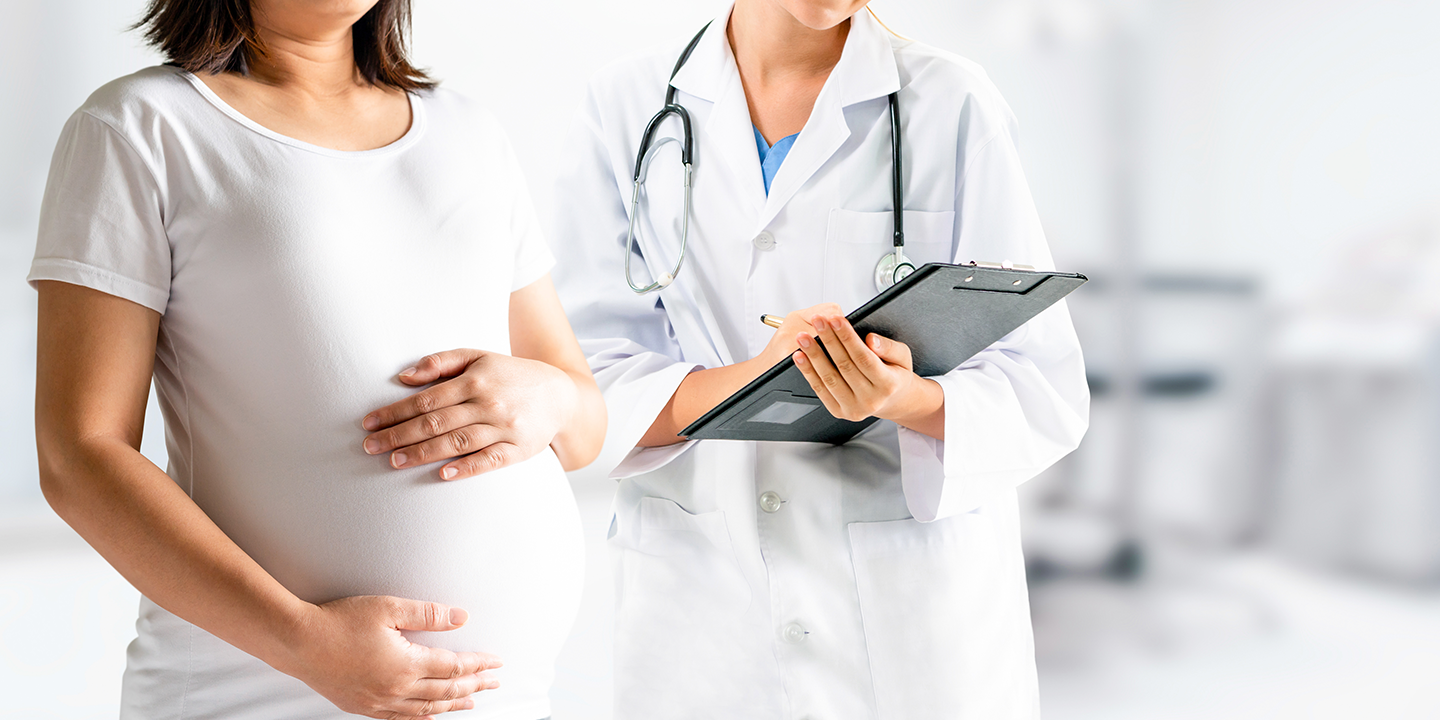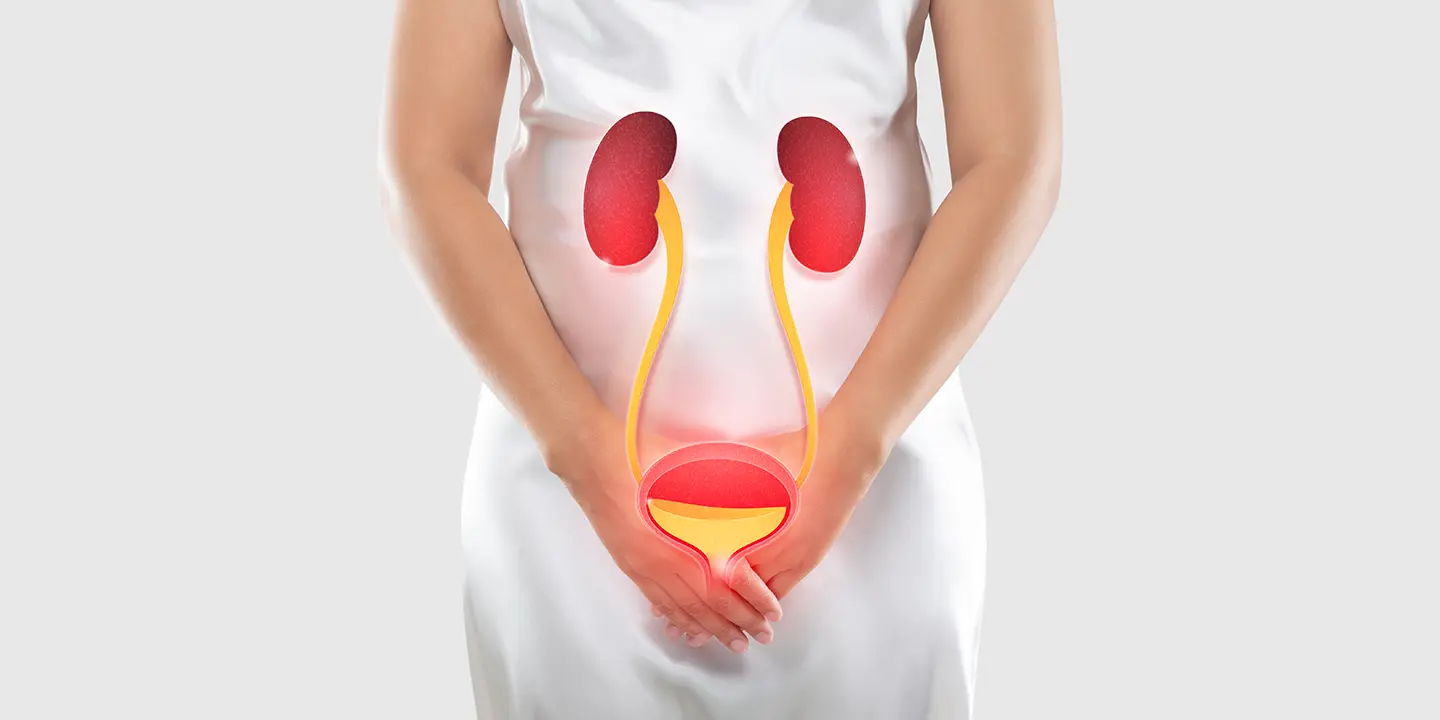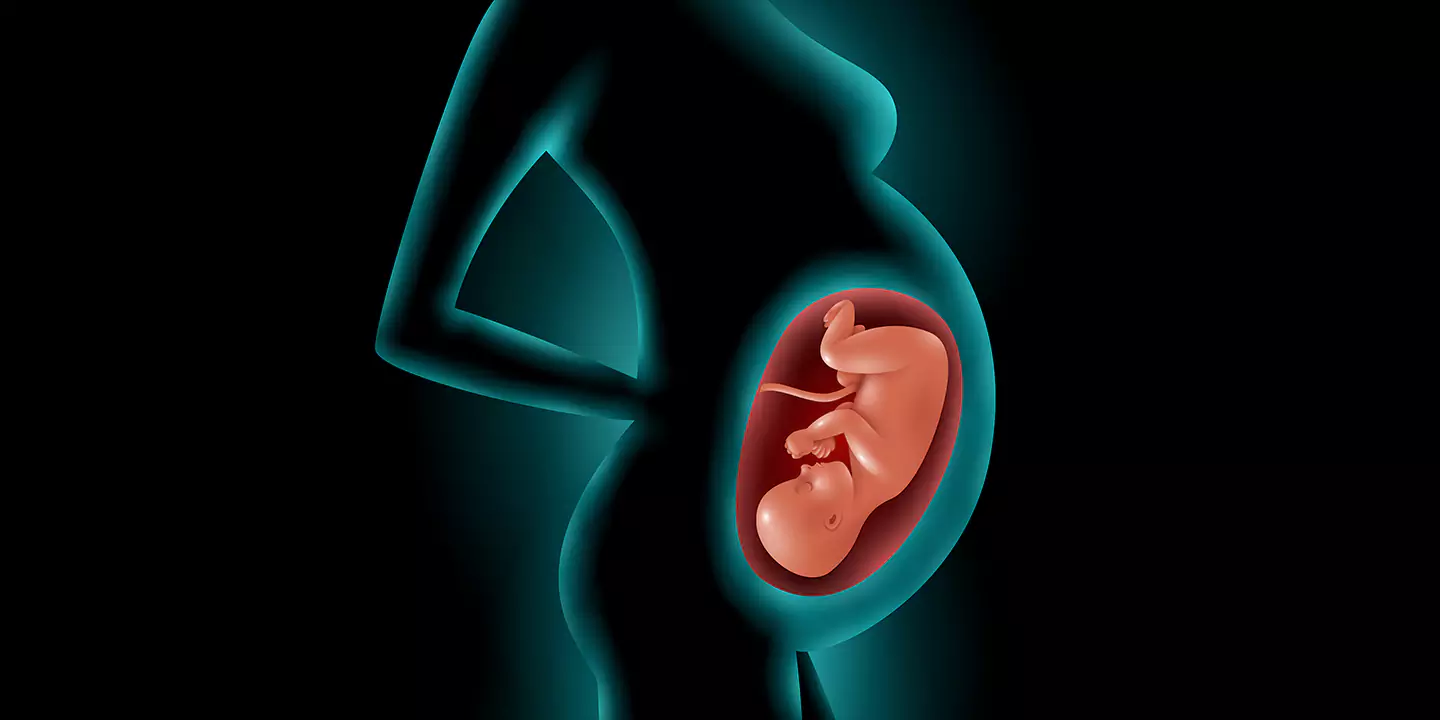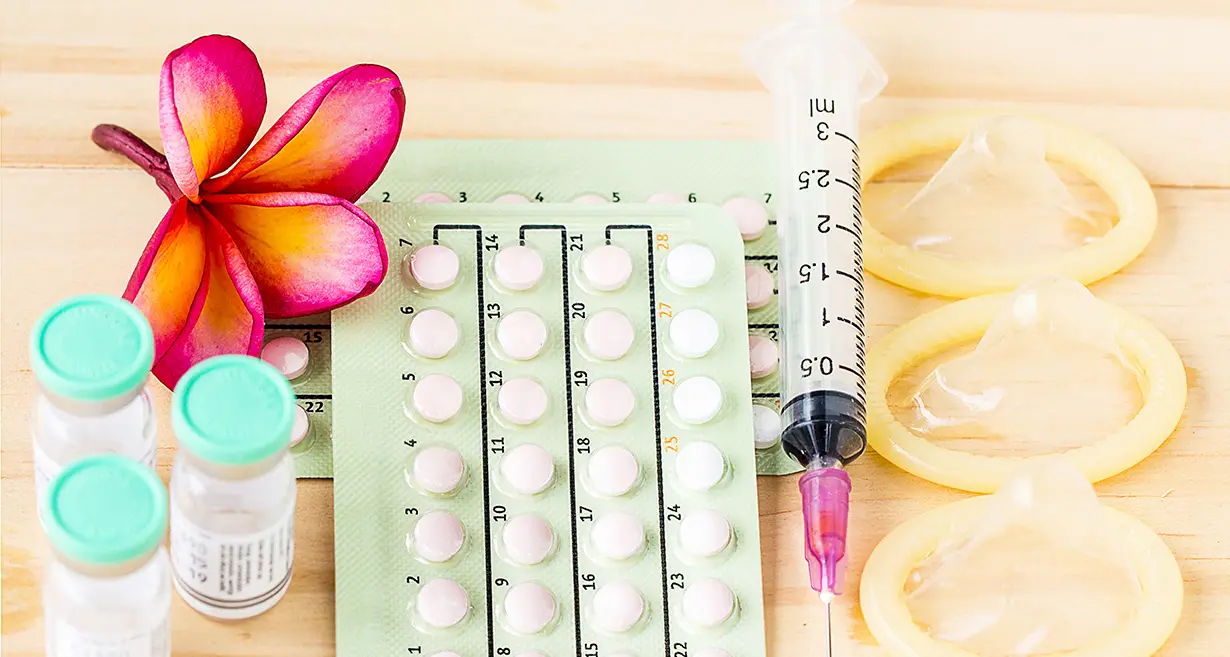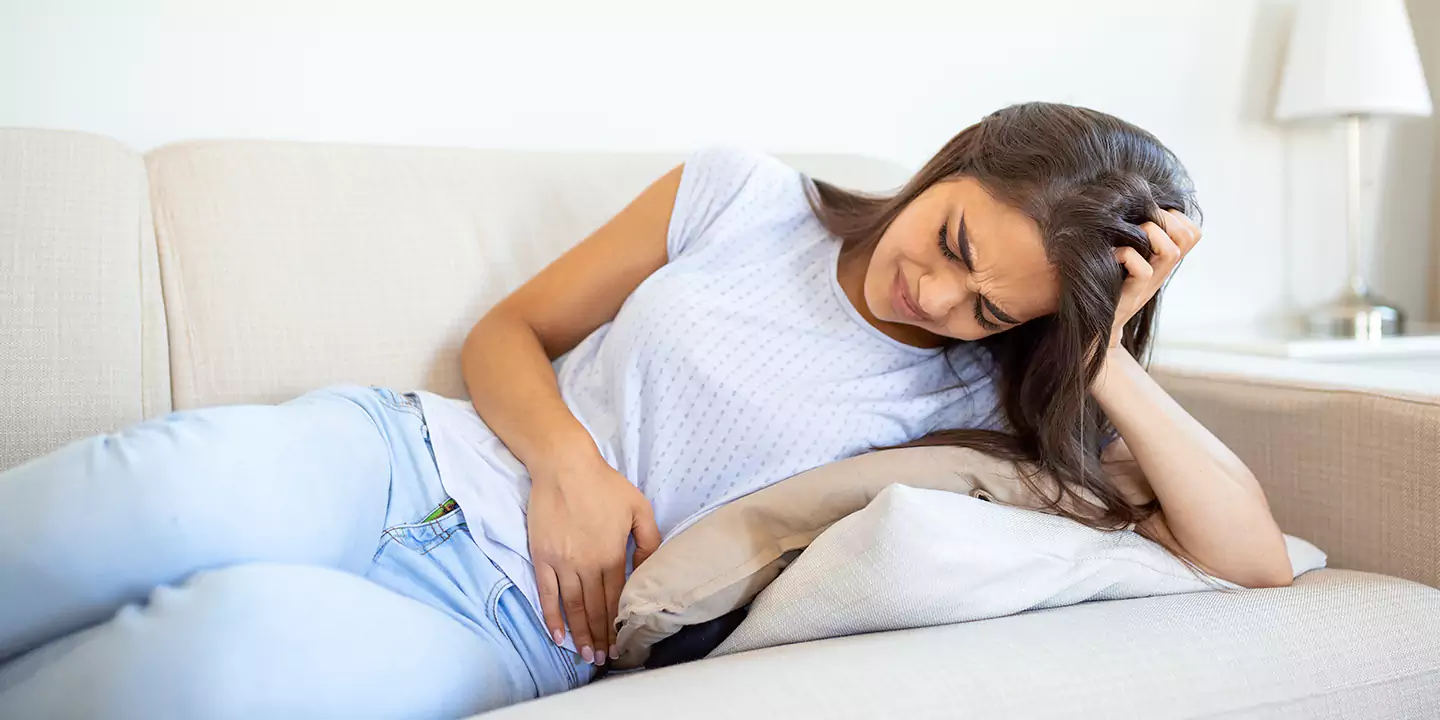
Endometriosis is a painful disorder in which the endometrium (the mucosal tissue lining the uterus or womb) grows in locations outside the uterus. It normally occurs in the pelvic areas including the ovaries, fallopian tube, peritoneum, and lymph nodes.
According to some research, endometriosis affects up to 10% of women of reproductive age worldwide. With endometriosis, misplaced endometrial tissue pursues the same role as it normally performs during the menstrual cycle i.e. the tissue will break down and bleed at the end of the period. However, this misplaced tissue has nowhere to go and becomes trapped in the pelvis, resulting in irritation, lesions, scar formation, painful periods, and fertility problems.
Symptoms of Endometriosis
While pelvic pain is the most common sign of endometriosis, the other signs and symptoms include:
• Painful periods
• Excessive menstrual bleeding or bleeding between periods
• Painful bowel movements or urination
• Infertility
• Pain during sexual intercourse
• Other signs and symptoms include fatigue, constipation, bloating or diarrhea, especially during menstruation
Causes of Endometriosis
Though the accurate cause of endometriosis is still unknown, some of the possible theories regarding the causes are:
Retrograde Menstruation: In retrograde menstruation, the blood enters the fallopian tubes and pelvic cavity instead of leaving the body through the vagina. This causes the symptoms of pain and discomfort.
Immune System: Any dysfunctionality in the immune system may make the body powerless to destroy the endometrial tissue that’s located outside the uterus.
Embryonic Cell Transformation: The estrogen hormone may transform the embryonic cells into endometrial tissue during puberty.
Endometrial Cell Transport: Endometriosis may occur when the lymphatic system or tissue fluid system carry the endometrial cells to various parts of the body.
Treatments of Endometriosis
Diagnosis for endometriosis can be a challenging task, therefore, it is extremely important to visit the best gynecologists’ clinic in Delhi wherein skilled gynecologists take a patient’s detailed history and perform a few tests to determine the exact cause of the condition. Furthermore, the doctor may prescribe the following endometriosis treatments:
Medications: Painkillers, hormonal therapies like birth control, and aromatase inhibitors are prescribed for the treatment of painful periods.
Intrauterine device: Intrauterine device like mirena is a small T-shaped device that is used to treat the abnormal growth of endometrial tissue outside the uterus.
Laparoscopy: Laparoscopy is a surgical option that involves the removal of the endometrial tissue.
Hysterectomy: This procedure involves the removal of the ovaries to provide relief from the symptoms of endometriosis.
The pain associated with endometriosis can affect different areas of a patient’s life, including work life and relationships. So if you’re suffering from endometriosis, visit Queen’s Gynecology Clinic wherein skilled gynecologists are known to provide the best endometriosis treatment in Delhi with utmost care and precision.

